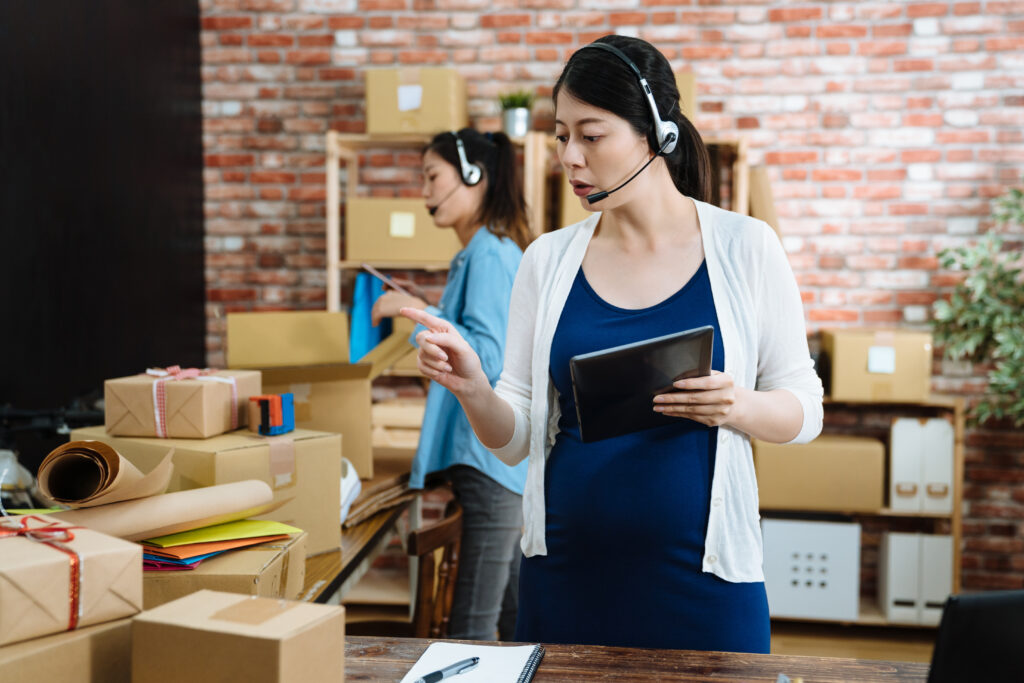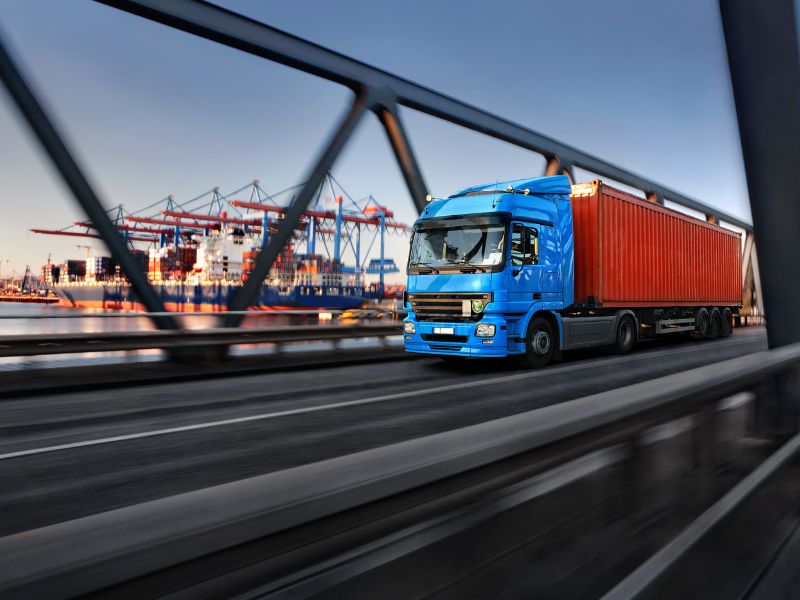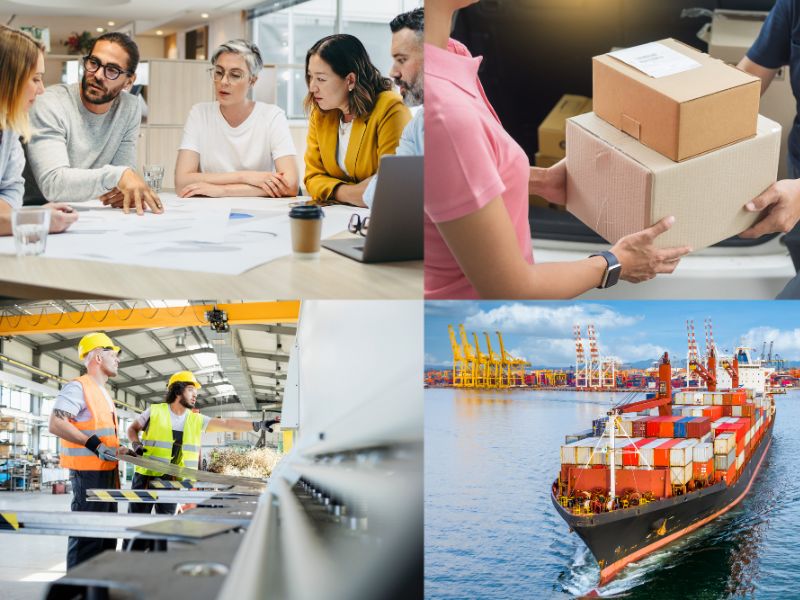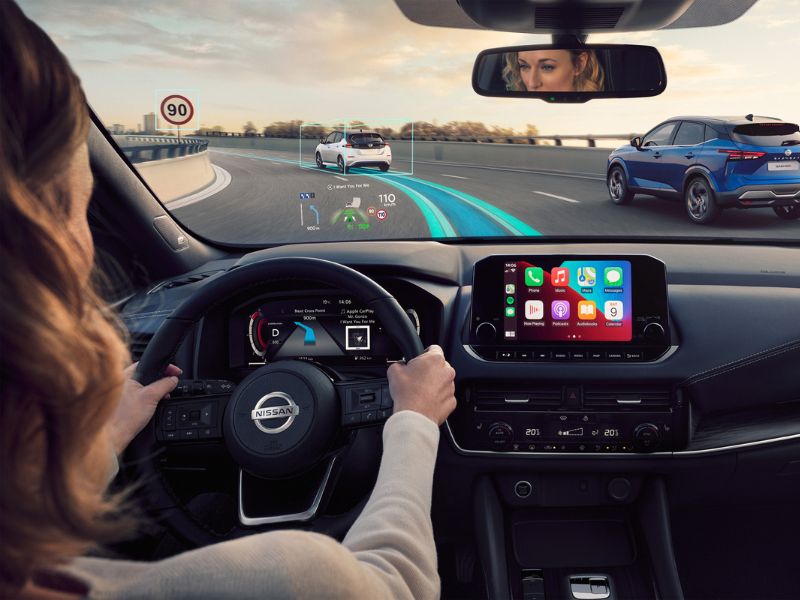Every day, a new way to use artificial intelligence (AI) seems to appear. Just as frequently, fears about AI replacing humans arise or are renewed.
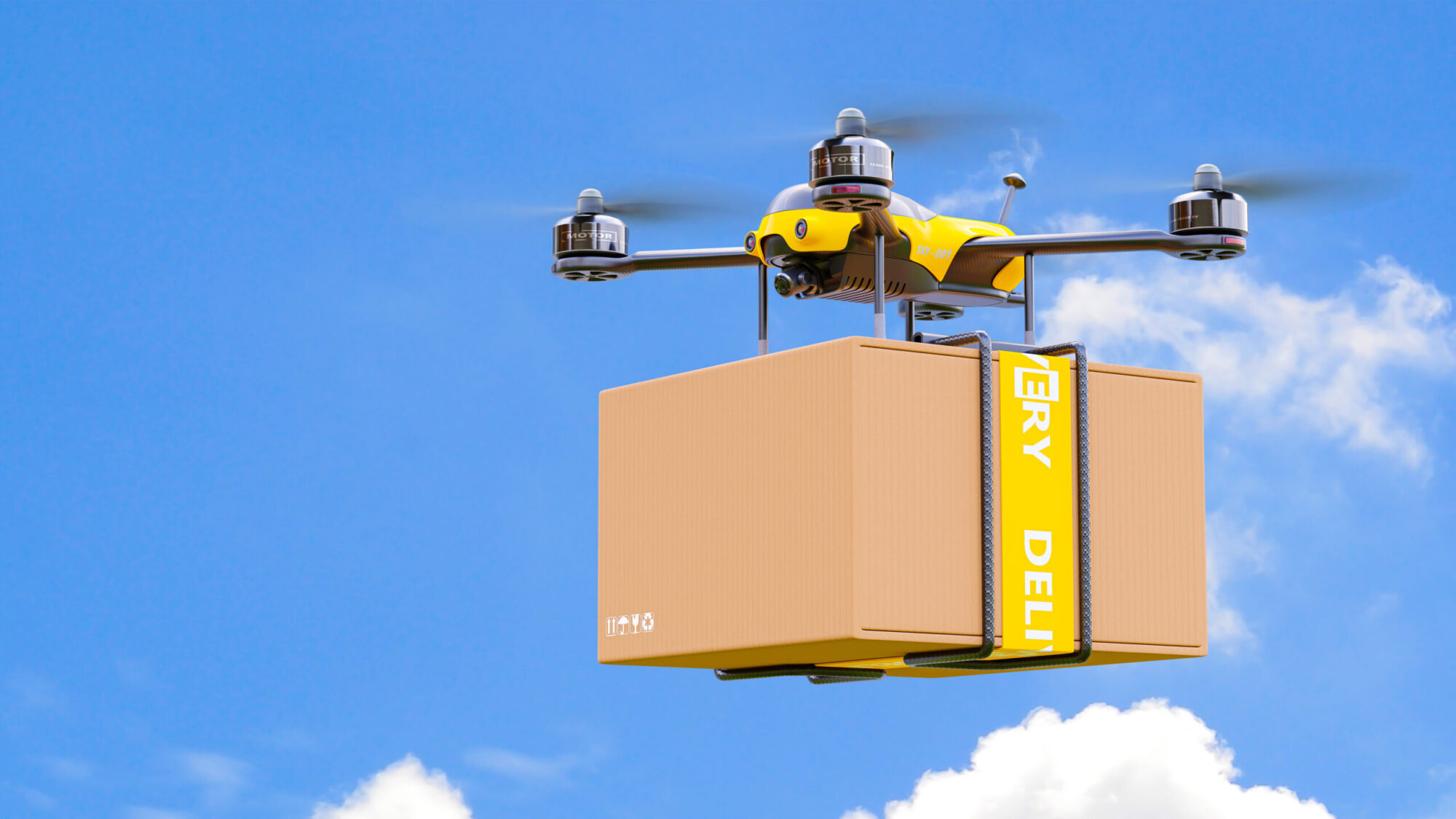
With the package delivery industry ripe for automation, many sector workers fear being outsourced by smart machines. According to the World Economic Forum’s Future of Jobs report, by 2025 85 million jobs may be displaced by a shift in the division of labour between humans and machines. However, this same report also predicts 97 million new roles will emerge.
With this in mind, logistics disrupter and CEO of Arrive AI, Dan O’Toole, encourages investment in upskilling industry workers for those people to look for the opportunities that will appear with the emergence of AI.
Arrive AI has pioneered the US’ first smart mailbox and developed a platform that enables autonomous and human mail delivery to and from a smart mailbox. This smart mailbox provides tracking data, smart logistics alerts and advanced chain of custody controls to secure the last-mile delivery for shippers, delivery drivers and autonomous delivery networks.
“Autonomous delivery will enable workers to focus on higher-value tasks that drive innovation and growth by shifting focus from labour-intensive tasks to value-driven roles,” says Dan. “Currently, delivery industry workers spend long hours on the road, navigating traffic, dealing with parking challenges and lifting heavy packages.
“Autonomous delivery systems would enable humans to transition into more strategic and customer-focused roles like delivery logistics, route optimisation and post-delivery support. That’s a huge value to the company because it improves the delivery experience and can have a direct effect on the company’s bottom line.”
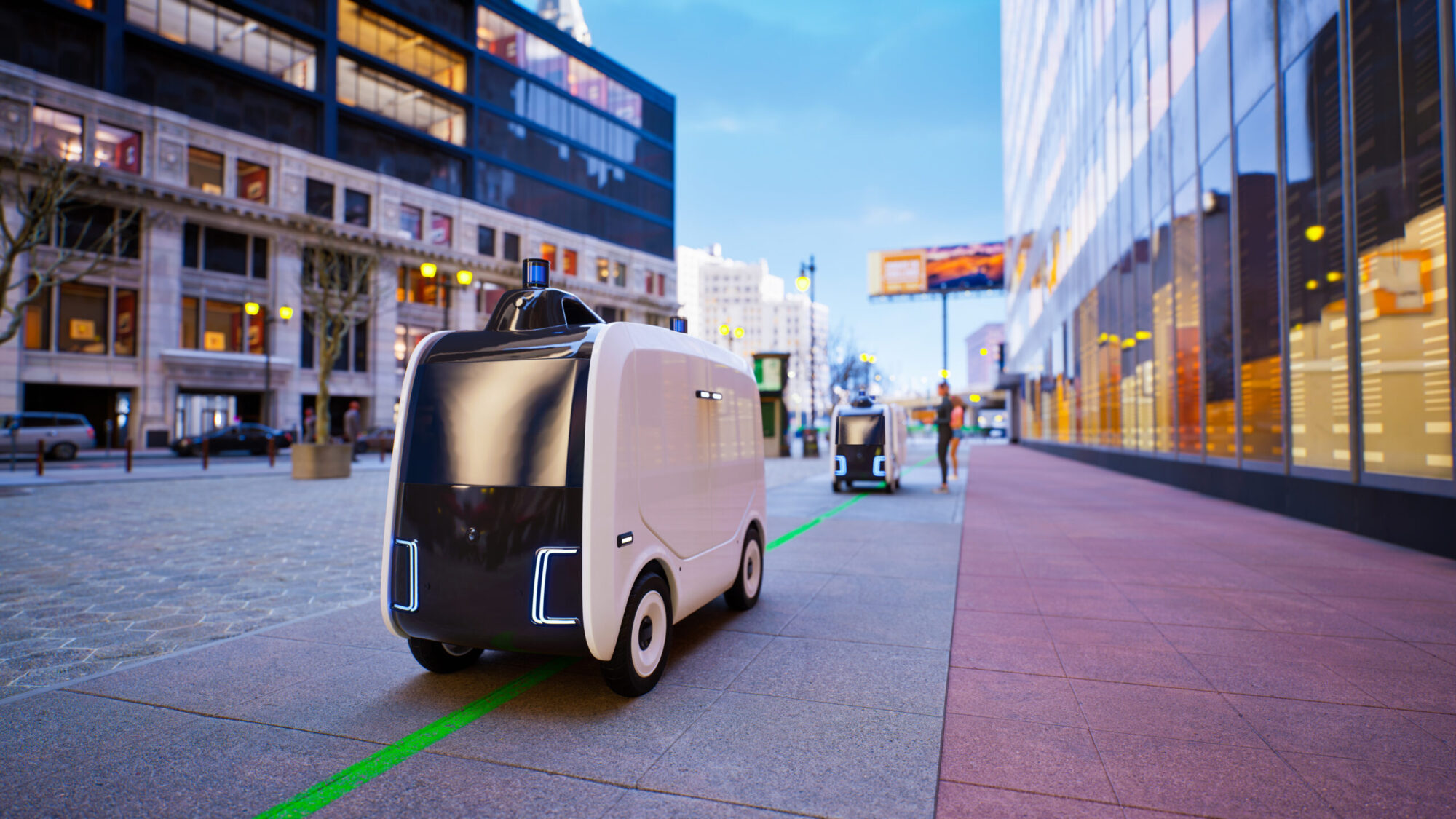
As autonomous delivery becomes more common, demand for roles such as the below will grow and new career opportunities are likely to emerge:
- Autonomous Fleet Managers: Fleet managers will be responsible for monitoring autonomous vehicle performance, scheduling maintenance and optimising fleet operations to ensure maximum efficiency and uptime.
- Autonomous Vehicle Technicians: These roles will involve diagnosing and resolving issues related to sensors, software and vehicle components, requiring skilled workers with technical expertise in automotive repair and advanced robotics.
- AI and Robotics Specialists: These engineers, data scientists and programmers with expertise in AI and machine learning will ensure effective autonomous systems operations, safety standard compliance and response to real-world challenges.
- Logistics Coordinators: Logistics coordinators will monitor and optimise delivery schedules, communicate with customers and address any issues that arise. Roles will require logistics, customer service and problem-solving skills.
“While useful in any sector, this shift is particularly relevant in healthcare, where customer service is critical,” says Dan. “Autonomous delivery of medications and medical supplies will enable healthcare workers to spend more time providing patient care.”
To conclude, Dan called on businesses to begin to provide reskilling and upskilling opportunities to their workforces.
“The delivery industry jobs of tomorrow will be richer, more diverse and ultimately more rewarding,” says Dan. “Business leaders should work with their employees and educators to allay fears and focus on ensuring opportunities to embrace this technology.”
For more thought leadership insights, subscribe to our monthly newsletter.
Source: Arrive AI

